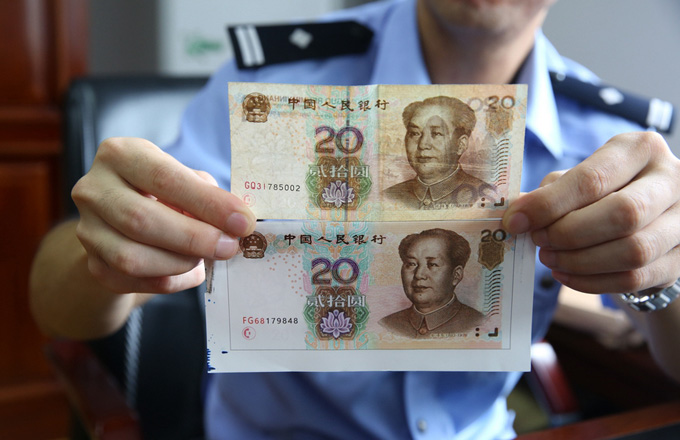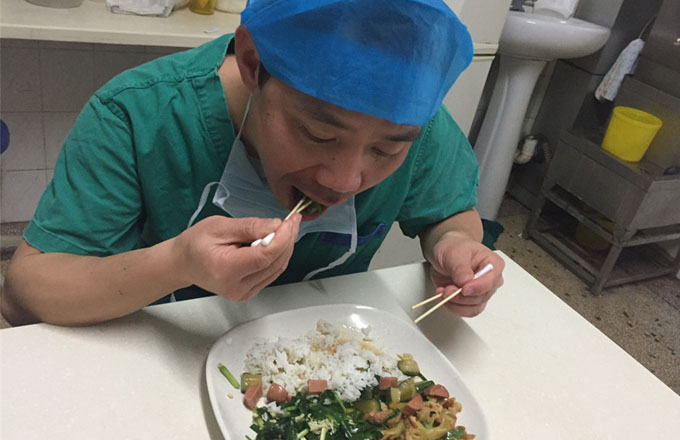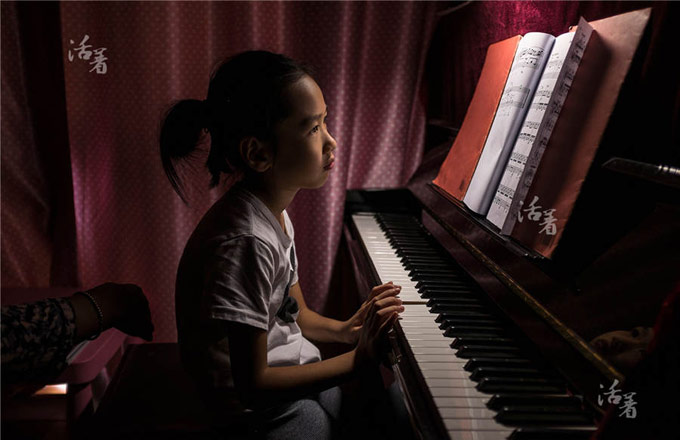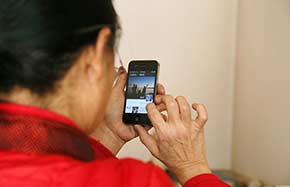Dark days of despair drive many to the final option
Limited support
Adding to the problems, Chinese doctors are placed under extra pressure by the large numbers of patients they have to treat. "When I stayed in the UK with my supervisor, we only needed to treat two people a day, but in China I usually treat more than 30 patients in a morning," said Yao.
Zhang said, "Compared with general hospitals, mental health hospitals generally receive little government funding and so they are under greater pressure to make ends meet. Limited government support hinders the development of these hospitals and in turn further weakens their ability to meet the patients' needs."
Yao explained that there are two main treatments for depression in China - one relies on the prescription of medicine, while the other is rooted in psychotherapy.
"Both of them come up short. Some doctors just spend a few minutes listening to the patient before scribbling a prescription, while some psychologists, who lack medical school training, insist that depressed patients don't need to consult qualified doctors," he said.
Under Chinese law, psychologists are not allowed to interfere with the medicinal treatment of depression, nor do they have the right to prescribe medicines.
"Because of financial reasons or overconfidence in their diagnosis, some psychologists, who have received short-term training from related organizations or in hospitals, have delayed the necessary treatment of patients with depression," said Yao, who added that many cases have been diagnosed by psychologists who then suggested to the patients that hospitalization was unnecessary.
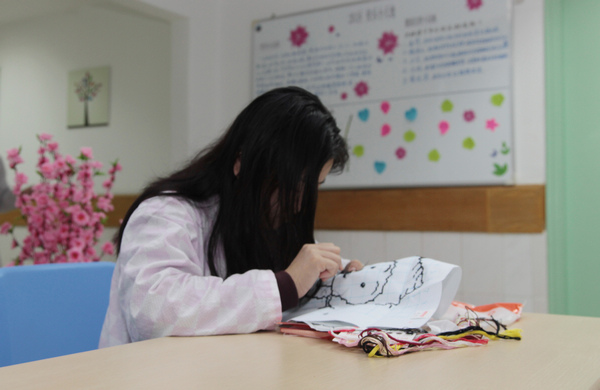 |
|
A patient uses embroidery as part of the treatment for her illness at the hospital, which has treated more than 6,000 depressed patients during the past four years. [Provided to China Daily] |
To tackle the situation in China, in November, Nanjing Brain Hospital adopted new measures to combat depression by establishing a special zone containing 30 beds, where patients can take part in a range of group activities including karaoke, watching movies and playing mahjong or chess, depending on their preference.
Unlike traditional mental health hospitals that have adopted a "closed" management system, under which patients are confined to their rooms, or a "fully open" system, where patients are free to come and go as they please, Nanjing Brain Hospital is the first in China to implement a "semi-open" regime.
"Emotionally stable patients are allowed to leave the hospital for a specified time if their guardians request it, but a return time must be guaranteed and guardians must contact the medical staff if the patients exhibit alarming symptoms when outside the hospital. The aim is to create a comfortable, relaxing environment for them," said Yao, who is in charge of the zone.
"Apart from the semi-open system, our key principle is the provision of individual treatment for each patient under a strict monitoring regime. The doctors and nurses are required to fully understand the patients' conditions and are usually able to predict the development of each patient's illness," he said
However, the limited number of medical staff means that in general doctors are often in charge of more than 10 inpatients at any one time. However, at Nanjing Brain Hospital, each medical worker has fewer patients under his or her control. Staff members are required to identify and understand the patients' strong points and persuade them to develop hobbies.
For example, patients with knowledge of makeup are encouraged to use their skills on the doctors and nurses, while those who play instruments are guaranteed to find an audience for their musical talents.
One woman in her 20s, who attempted suicide by cutting her wrists, refused to listen to anyone when she was first hospitalized. Her depression stemmed from the difficulties she had encountered in finding a job and which resulted in the belief that she was a burden on others.
"Through conversation we discovered that she was a very talented artist, so we suggested that she should draw pictures on the zone's blackboard," said Yao. "Through a combination of praise from a large number of people and the effects of the medicine, she gradually got her confidence back."
The woman has now left the hospital and leads a normal life, but also serves as a volunteer for other patients at the zone.
"In 2012, more than 1,400 patients with depression were admitted to Nanjing Brain Hospital," said Yao. "Although it required the staff to develop higher skill levels, the one-on-one treatment has proved very effective."
Zhang said, "Living in a hospital with a relaxing environment may ameliorate the tensions between the families and the patients, many of whom were straitjacketed and sent to hospital by force. However, ensuring the safety of patients when they are allowed to leave remains a problem."
He suggested that greater public awareness and understanding of depression, allied to government support, early diagnosis and treatment and the adoption of Western psychological principles are of prime importance if the situation facing depressed patients in China is to improve.
"The government, the medical departments and the public have a long way to go," he said. "In China, there's still a great deal to be done."
Contact the writers at cangwei@chinadaily.com.cn and songwenwei@chinadaily.com.cn







